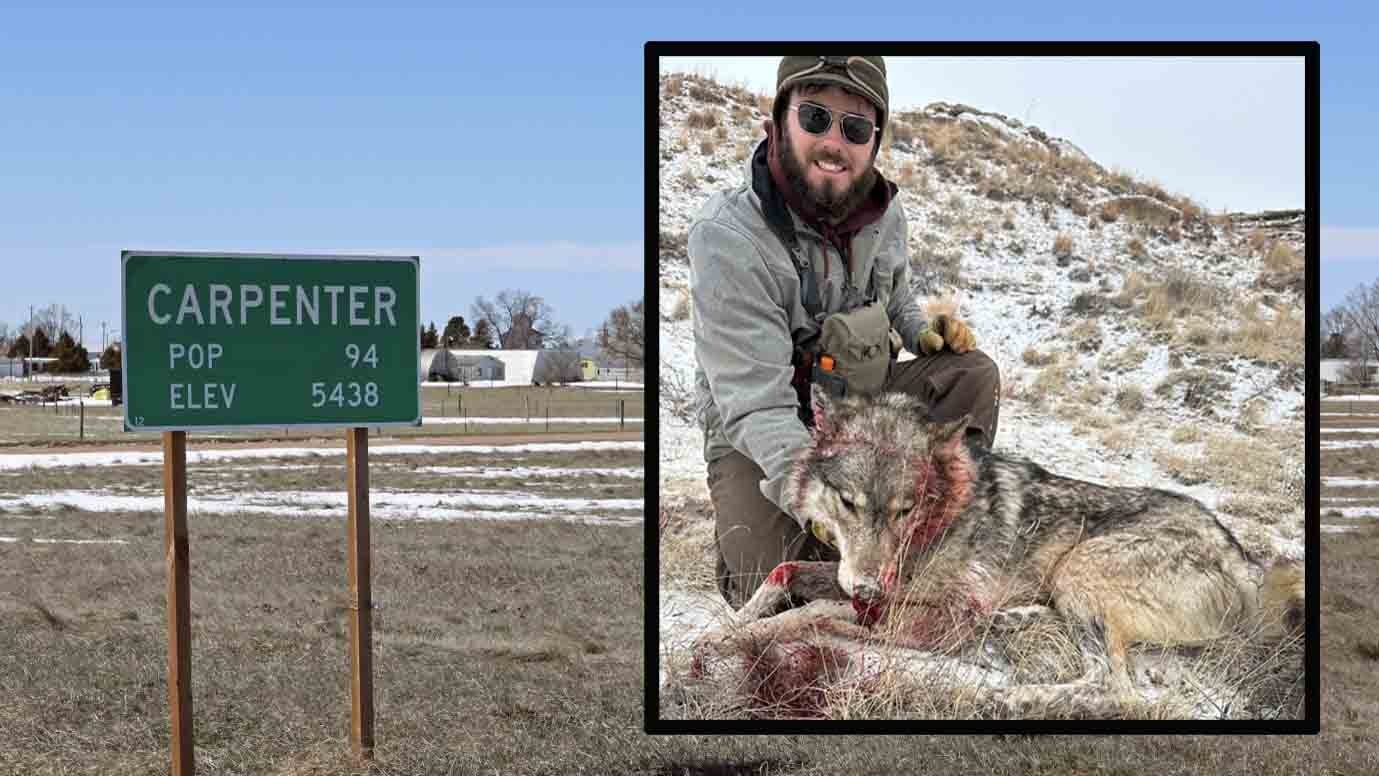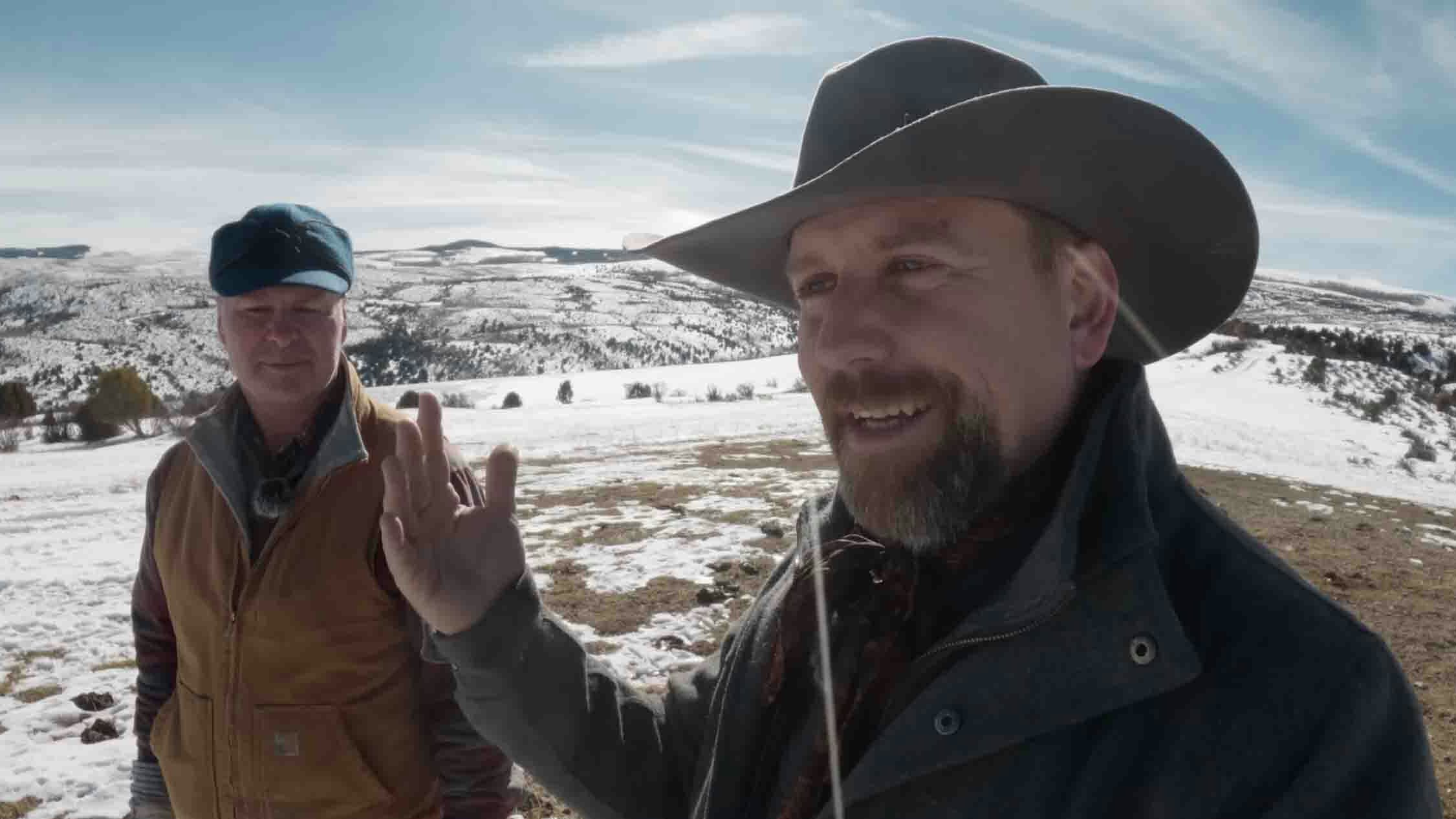A mother lode of invasive mussels was removed from a boat lift before they irrevocably damaged the pristine waters of the Alcova Reservoir.
The Wyoming Game and Fish Department removed thousands of live zebra mussels encrusted on the recently purchased boat lift. Every inch of the equipment was scalded to ensure the Russian invaders were eradicated.
“The word ‘infestation’ came to mind when looking at this boat lift,” said Janet Milek, public information specialist with Wyoming Game and Fish. “Every single inch of this thing was completely encrusted. It was pretty unreal.”
Scalded Into Submission
Milek said the boat lift was purchased by a Casper boat dock owner who suspected it was heavily infested with zebra mussels. He bought it in Iowa, but it had previously been installed at a dock in Lewis and Clark Recreation Area in South Dakota.
The owner brought the boat lift to be inspected by the Wyoming Game and Fish Department’s Aquatic Invasive Species (AIS) inspectors before installing it at the Alcova Reservoir. And it’s a good thing he did.
“The resident was very aware of aquatic invasive species and made us aware of the situation,” she said. “We're just happy that he took the time to make the call and didn’t try to tackle it himself.”
The AIS inspectors didn’t have to look hard. There were over 500,000 mussels encrusted on the boat lift, all from the lake in South Dakota.
“The boat lift had been exposed to zebra mussels at Lewis and Clark Lake for quite some time,” Milek said. “There were thousands of them of all ages, including very large ones, to some as small as a grain of salt.”
They needed to scald and scrape every inch of the boat dock to ensure it was thoroughly decontaminated.

Mass Mortality
The first step in decontaminating any watercraft is water and pressure—scalding water and extremely high pressure to kill every mussel. They can’t run, but they can hide.
“We use incredibly hot water with high pressure to decontaminate everything,” Milek said. “We let the water sit to kill everything, scrape every inch of it, and then we do it all again.”
Every surface of the boat lift, inside and out, was scalded and scraped. Milek said four-inch pipes inside the lift were completely encrusted with mussels.
After the mussels were scraped off, they were placed on a decontamination mat and exposed to the sun for further fatality. After several days of drying, the mussels were scalded once again.
“We were triple covering ourselves with this,” Milek said. “The entire area was completely covered to ensure no raccoons or seagulls could run away with a mussel. It’s something we’re very concerned about.”
This was all done at one of Wyoming Game and Fish’s AIS stations, which have all the equipment and personnel needed to decontaminate watercraft. They are the first and last line of defense against zebra mussels, and it comes at no cost to the owners.
“The Wyoming Game and Fish Department covers all costs,” Milek said. “Funds come from the AIS decals that boaters purchase and the purchase of licenses. That’s the sportsmen’s money helping with conservation in Wyoming.”

Russian Invasion
Zebra and quagga mussels are freshwater bivalves native to Russia and Ukraine. Since they were introduced to North America in the 1980s, via boat and aquarium moss balls, they have caused tremendous ecosystem disruption throughout the United States.
Wyoming’s waters remain free of zebra and quagga mussels, and Wyoming Game and Fish is determined to keep it that way. Every out-of-state watercraft must be inspected before it launches into a body of water in Wyoming.
“Any watercraft or water conveyance vessel needs to be inspected before it’s launched,” Milek said. “Even if you just went kayaking for the weekend in Colorado, you need to get an inspection before you launch again in Wyoming. That’s state law.”
If zebra mussels ever establish themselves in Wyoming, it would not be good, to put it mildly. The invasive mussels have caused billions of dollars in places where they’ve established themselves.
“It only takes one mussel to cause a significant threat to Wyoming’s fisheries, water recreation opportunities, and infrastructure,” said Eric Hansen, AIS coordinator for the Casper Game and Fish. “The collaboration and awareness of the public, including business owners, is vital in preventing the introduction and spread of these damaging species.”
Milek praised the Casper boat dock owner for doing their due diligence and preventing 500,000 mussels from entering Alcova Reservoir. She said Wyoming residents are “cooperative and patient” with Wyoming Game and Fish because they understand what’s at stake.
“I feel people recognize the doom and gloom of what will happen to our waters if zebra mussels are introduced in Wyoming,” she said. “We are so thankful for our community of recreationists, whether they’re boaters, anglers, or people who love to sit on the beach. They’re keeping these mussels and all invasive species out of Wyoming, so we're so thankful that they continue to support what we’re doing to prevent that.”
Contact Andrew Rossi at arossi@cowboystatedaily.com

Andrew Rossi can be reached at arossi@cowboystatedaily.com.





